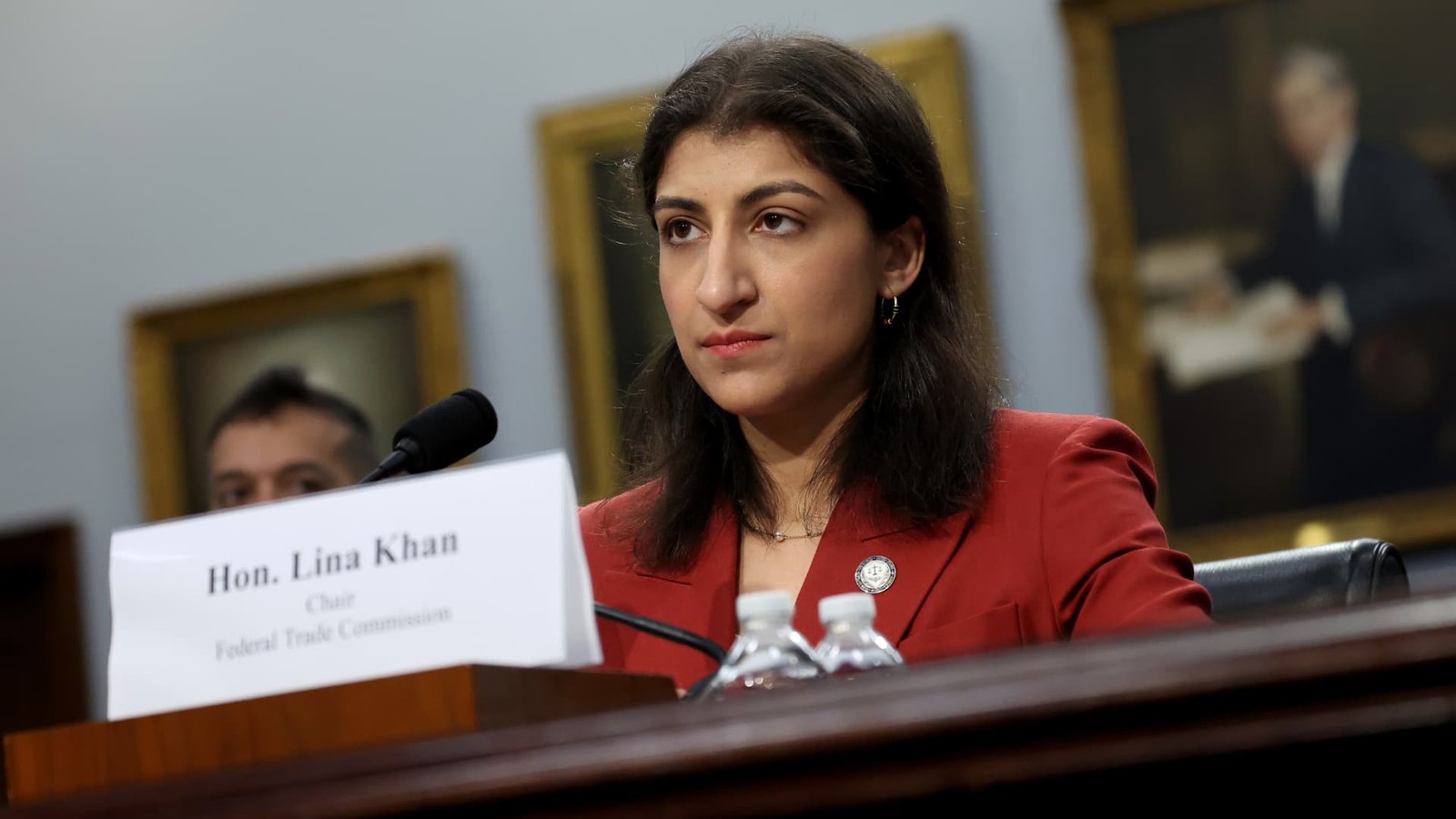In this article, the Federal Trade Commission filed a lawsuit on Friday against three major U.S. health companies involved in negotiating insulin prices. The lawsuit alleges that these drug middlemen engage in practices that increase their profits while artificially raising costs for patients. The lawsuit targets the largest pharmacy benefit managers (PBMs) – UnitedHealth Group’s Optum Rx, CVS Health’s Caremark, and Cigna’s Express Scripts. These companies, which are affiliated with health insurers, collectively manage about 80% of the nation’s prescriptions, according to the FTC.
The lawsuit also includes the affiliated group purchasing organizations of each PBM, which facilitate drug purchases for healthcare providers. The FTC mentioned the possibility of future lawsuits against insulin manufacturers Eli Lilly, Sanofi, and Novo Nordisk for their role in driving up list prices for insulin products.
Representatives from UnitedHealth, CVS, and Express Scripts responded to the lawsuit, defending their actions and criticizing the FTC’s claims. PBMs play a central role in the U.S. drug supply chain by negotiating rebates with manufacturers, managing formularies, and reimbursing pharmacies for prescriptions. The FTC has been investigating PBMs since 2022.
The FTC’s lawsuit argues that the PBMs have established a rebate system that prioritizes high rebates from manufacturers, leading to artificially inflated insulin prices. It also alleges that PBMs favor high-list-price insulins even when more affordable options are available. The FTC is pursuing its complaint through an administrative process that involves a proceeding before an administrative judge.
The FTC aims to address the impact of high insulin prices on millions of Americans with diabetes, many of whom struggle to afford the treatment. The White House has not commented on the lawsuit but has emphasized the need to combat corporate greed in setting drug prices. President Biden’s Inflation Reduction Act has capped insulin prices for Medicare beneficiaries at $35 per month.
The Biden administration and Congress are increasing pressure on PBMs to enhance transparency in their operations as part of efforts to address the high cost of prescription drugs in the U.S. The FTC remains concerned about the role of insulin manufacturers in setting list prices and their relationship with PBMs. Eli Lilly, Sanofi, and Novo Nordisk, which dominate the U.S. insulin market, have taken steps to address pricing concerns.
Eli Lilly, Sanofi, and Novo Nordisk have implemented measures such as capping out-of-pocket costs, reducing list prices, and offering savings programs to make insulin more affordable. The drugmakers have acknowledged the need for reform in the healthcare system and have taken actions to mitigate the impact of high insulin prices on patients.




